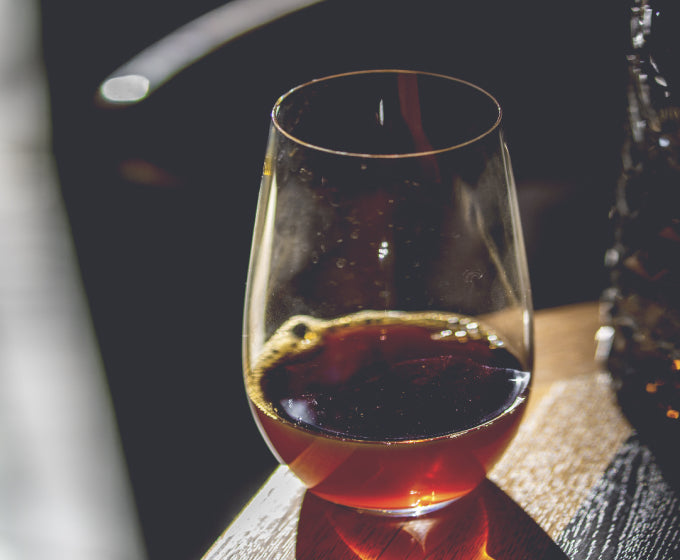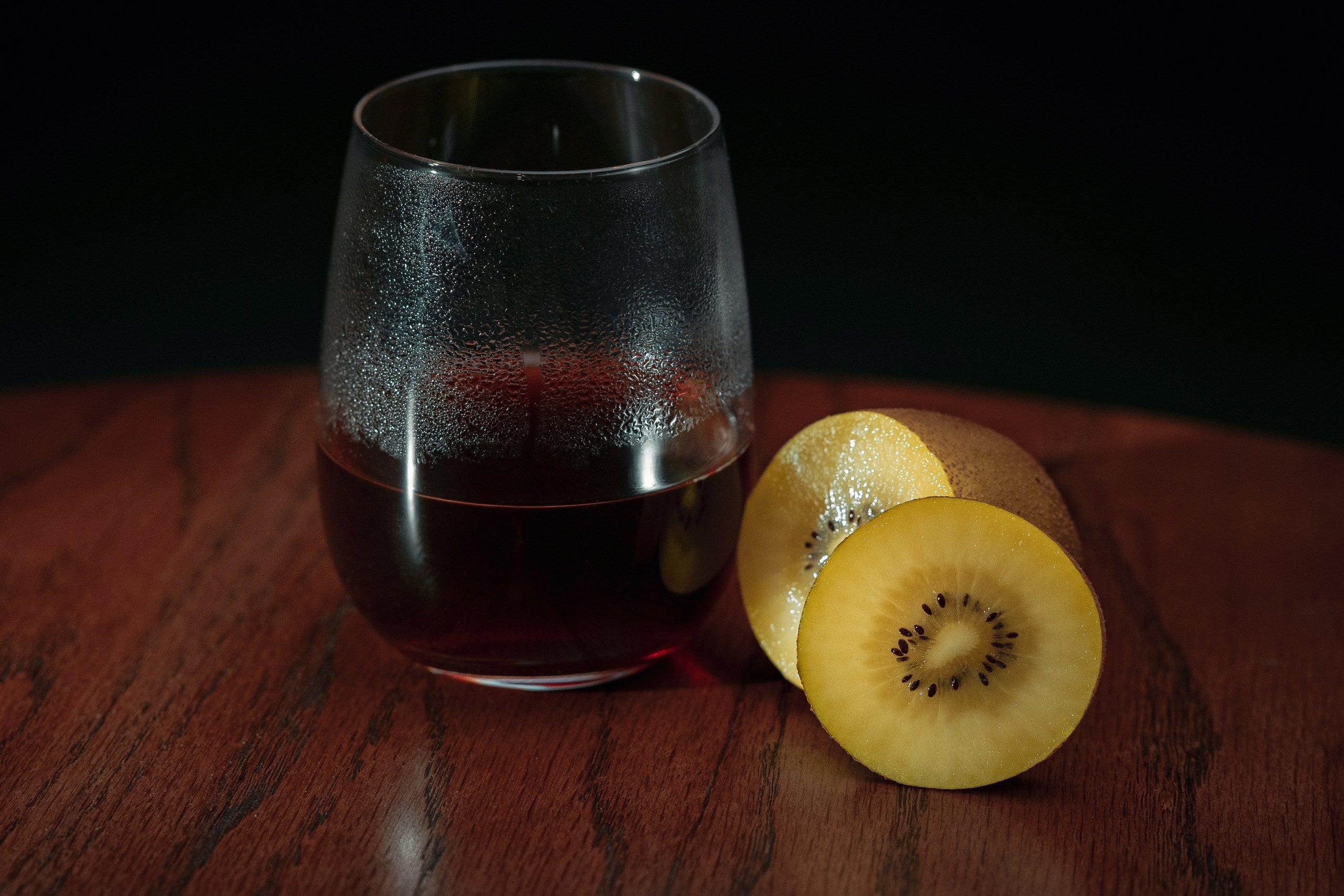
January 31, 2025
The coffee industry is undergoing a significant transformation, focusing on sustainability, health benefits, and innovative practices to meet evolving consumer demands and environmental challenges.
Sustainability Initiatives
Climate change poses a substantial threat to coffee cultivation, with projections indicating that suitable growing areas could decrease by up to 50% by 2050. In response, farmers in regions like Brazil's Cerrado Mineiro are adopting regenerative agriculture practices. These methods, including reduced chemical use and integrated agroforestry, aim to enhance soil health and resilience against extreme weather, thereby ensuring the longevity of coffee farming.
Major corporations are also contributing to sustainability efforts. Starbucks, for instance, has acquired "innovation farms" in Costa Rica and Guatemala to research hybrid coffee bean varieties resilient to climate change. This initiative is part of a broader strategy to support over 450,000 farms producing Arabica coffee by sharing research and resources to mitigate climate impacts.
Health Benefits of Coffee
Recent scientific studies have highlighted several health benefits associated with coffee consumption. Research indicates that regular coffee intake can reduce the risk of Parkinson’s disease, certain cancers, and may counteract the adverse health effects of prolonged sitting. These findings suggest that coffee not only offers a daily energy boost but also contributes to long-term health and well-being.
Innovative Trends in Coffee
Innovation within the coffee sector is leading to the development of new products and practices. Companies like Atomo are creating "beanless coffee" by utilizing ingredients such as chicory root and date seeds to mimic the taste and mouthfeel of traditional coffee. This approach aims to reduce the environmental impact associated with coffee cultivation.
Additionally, the rise of functional beverages has led to the incorporation of adaptogens, such as functional mushrooms, into coffee products. Brands are marketing these blends with claims of enhanced focus, creativity, and calmness, catering to health-conscious consumers seeking added benefits from their daily brew.
As the coffee industry continues to evolve, a commitment to sustainable practices, recognition of health benefits, and embracing innovation remain central to its future development.
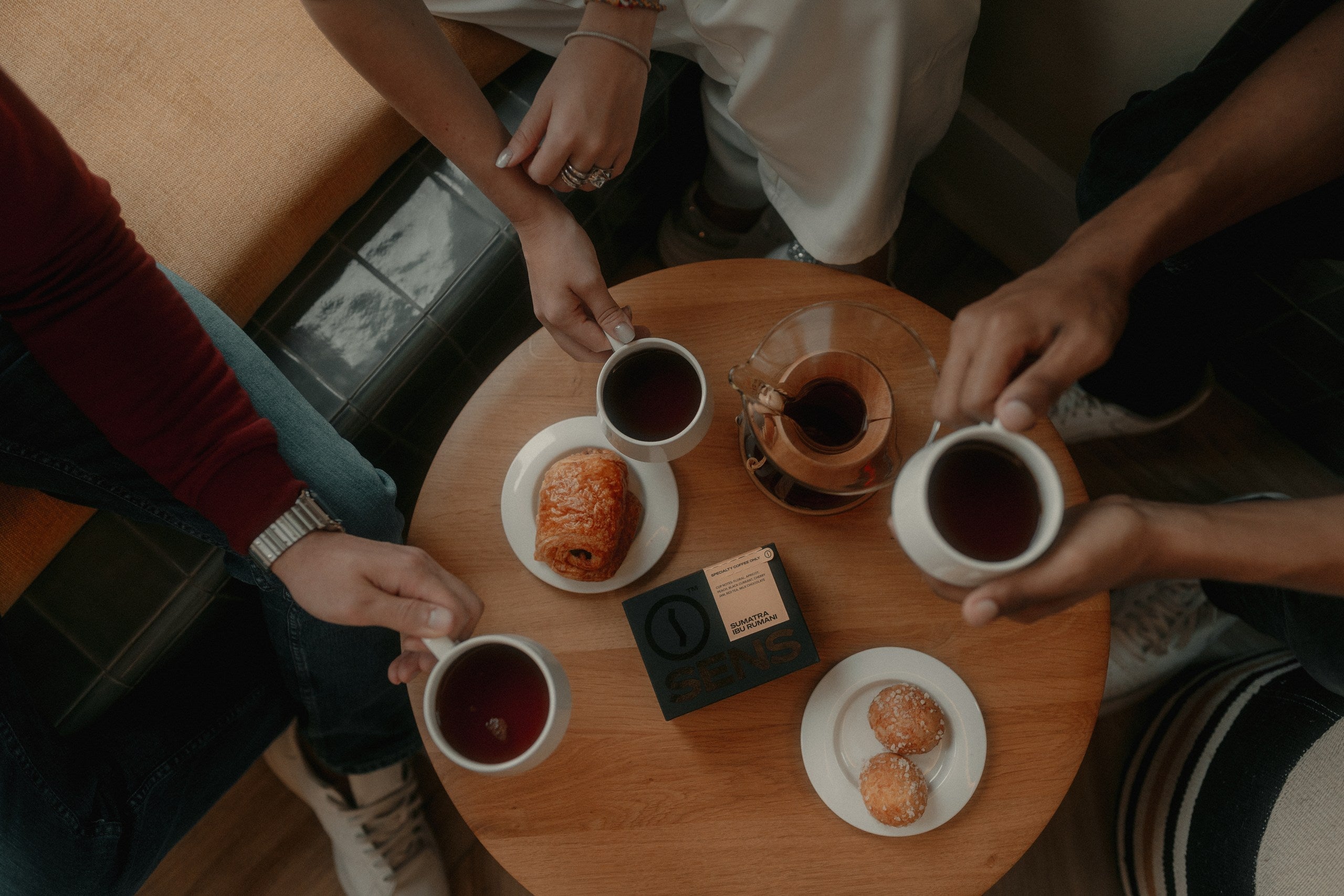
January 31, 2025
The Moka pot, a beloved stovetop coffee maker, has made a resurgence in popularity thanks to its affordability and ability to produce a rich, intense coffee. While it does not generate the high pressure of traditional espresso machines, the Moka pot operates at about 1.5 bars of pressure, creating a strong and satisfying brew.
Understanding the Moka Pot
Invented in 1933 by Luigi De Ponti and Alfonso Bialetti, the Moka pot, also known as "la macchinetta" or "little machine," has long been a staple in Italian households. Unlike espresso machines that require between 7 to 11 bars of pressure, the Moka pot delivers a thicker and stronger coffee compared to standard drip brewers, making it a fantastic alternative for those who enjoy bold flavors.
Brewing the Perfect Moka Pot Coffee
To achieve the best results with your Moka pot, follow these simple steps:
1. Prepare the Water: Fill the lower chamber with water just below the safety valve. Using preheated water can help prevent over-extraction and bitterness.
2. Add the Coffee Grounds: Insert the filter and fill it with medium-ground coffee. Do not tamp the grounds, as compacting them can lead to bitterness and clogging.
3. Assemble and Heat: Secure the top and bottom parts of the Moka pot together and place it over medium heat.
4. Monitor the Brew: As the water heats, pressure will force it through the coffee grounds into the upper chamber. Once you hear a gurgling sound, remove the pot from the heat to prevent over-extraction.
Additional Tips for Optimal Brewing
- Season Your Moka Pot: Before the first use, brew a pot of coffee to season the interior. After each use, clean it with hot water only, avoiding soap, which can leave residue affecting the flavor.
- Manage Heat Properly: If your stovetop burner is too large, consider using a medium-heat pan such as cast iron for even heat distribution.
By following these guidelines, you can master the art of Moka pot brewing and enjoy a flavorful and authentic coffee experience, just as it was meant to be.
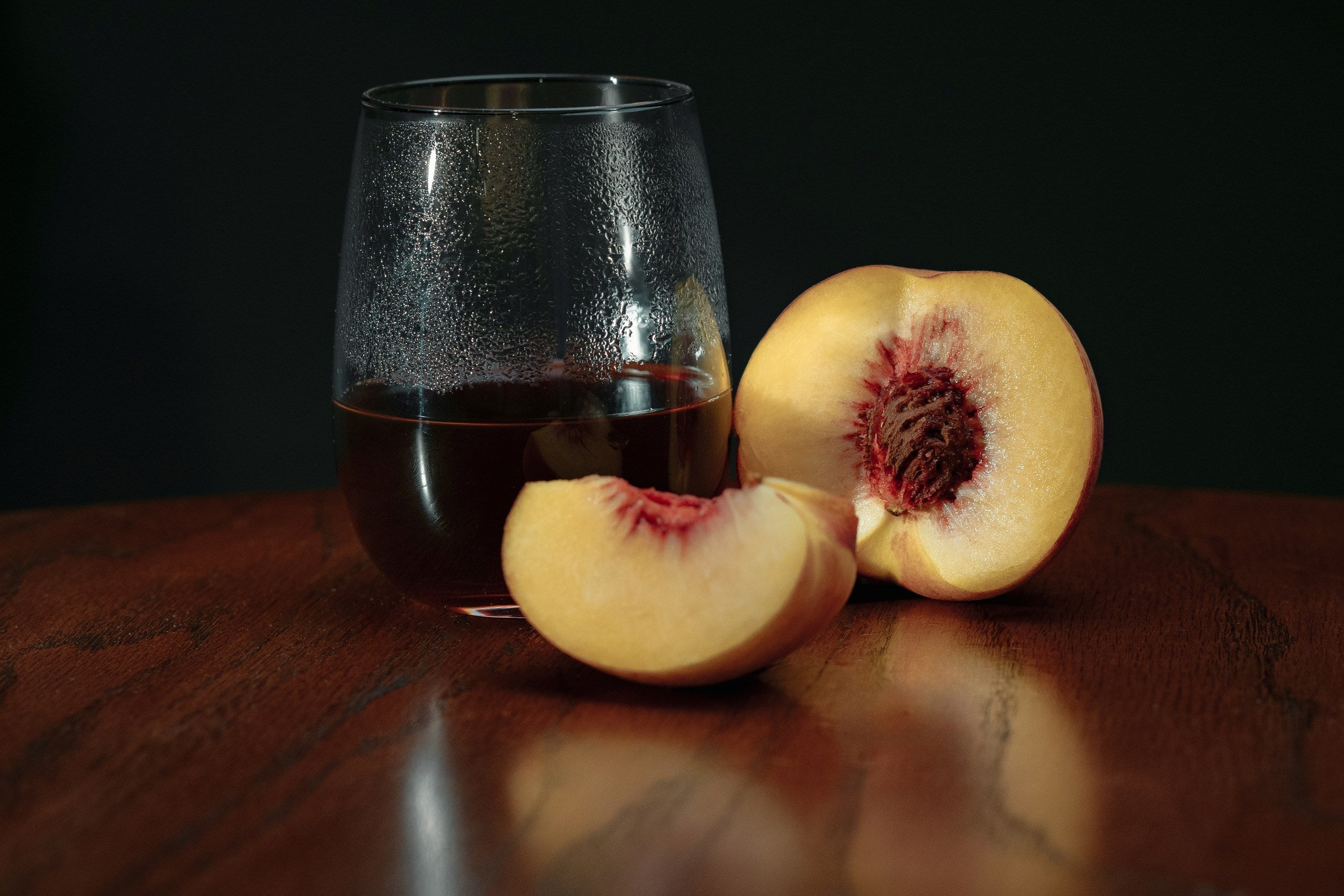
January 28, 2025
For individuals who experience heartburn or acid reflux, choosing the right type of coffee can help minimize discomfort while still enjoying a daily brew. Certain coffee varieties and brewing methods can reduce acidity and irritation, making coffee consumption more tolerable.
Dark Roasts
Dark roast coffee is often a better choice for those with acid reflux. The extended roasting process breaks down acids in the beans, resulting in a lower-acid coffee that may be easier on the stomach. Opting for a dark roast can help reduce acid intake and lessen reflux symptoms.
Cold Brew
Cold brew coffee is made by steeping coarse coffee grounds in cold water for 12 to 24 hours. This method significantly reduces the acidity of the final brew, making it a smoother and less irritating option for individuals prone to acid reflux.
Decaffeinated Coffee
Caffeine can contribute to acid reflux by relaxing the lower esophageal sphincter, allowing stomach acid to move upward. Choosing decaffeinated coffee helps lower caffeine intake, which may prevent discomfort associated with acid reflux.
Low-Acid Coffee
Several brands offer low-acid coffee, processed through specific roasting techniques that reduce acidity. While these options can be beneficial, studies suggest that their impact on acid reflux symptoms varies from person to person.
Additional Tips
- Limit Intake: Moderation is key. Reducing coffee consumption can help minimize acid reflux symptoms.
- Timing: Drinking coffee with or after meals rather than on an empty stomach can help reduce irritation.
- Brewing Methods: Using a paper filter when brewing coffee can trap some acids, producing a less acidic cup.
By selecting the right type of coffee and adjusting consumption habits, individuals with heartburn or acid reflux can continue enjoying their favorite beverage without unnecessary discomfort.
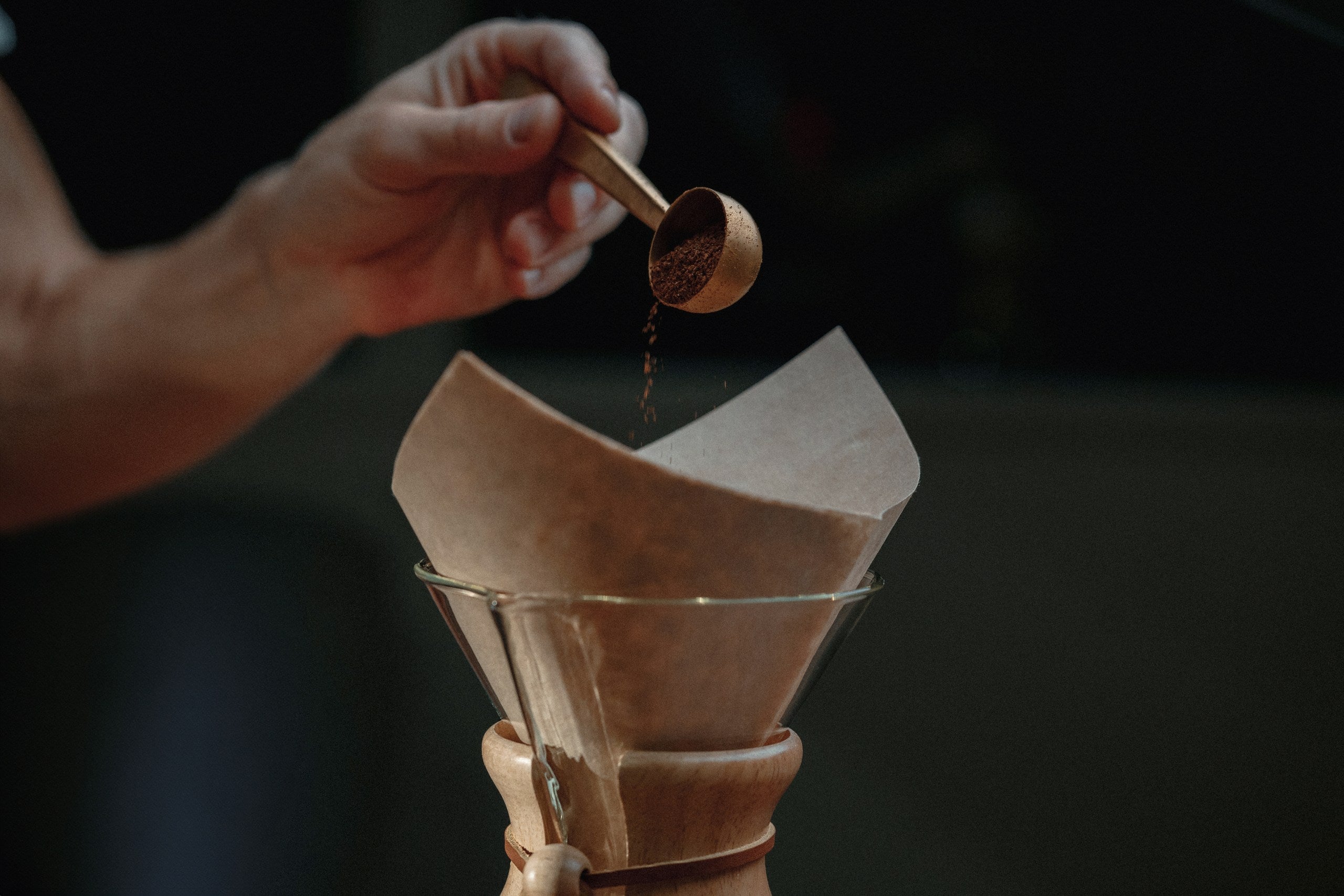
January 31, 2025
Crafting exceptional coffee at home doesn't require a fortune spent on equipment. By focusing on quality beans and essential tools, you can elevate your brewing experience.
Quality Coffee Beans
Start with freshly roasted beans from reputable roasters. For espresso enthusiasts, blends like Red Brick offer a balanced flavor profile. If you prefer filter coffee, single-origin options such as Ethiopia Werka Wuri provide delicate, floral notes. For those seeking decaffeinated choices, Colombia Tumbaga Decaf delivers bright, subtly fruity flavors.
Reliable Grinder
A consistent grind is crucial. Manual grinders like the Kingrinder K6 are excellent for single servings, offering good-quality burrs and multiple grind settings. For electric options, the Wilfa Svart is recommended for coarser grinds suitable for filter methods, while the Baratza Encore ESP provides versatility for both espresso and filter brewing.
Manual Brewing Equipment
Manual brewers are cost-effective and portable. The Bodum Kenya cafetière is a classic choice for immersion brewing. The AeroPress is praised for its ability to produce rich, flavorful coffee with minimal effort. The Hario V60 offers control over the brewing process, and the Clever coffee dripper combines immersion and filtration for a balanced cup.
Additional Accessories
While not essential, certain accessories can enhance your coffee experience. Thermal jugs, like the Hario heat-resistant server, keep your coffee warm for extended periods. Precise scales, such as the Minipress coffee scale, help in measuring coffee grounds accurately. Milk frothers like the Nespresso Aeroccino 4 can add a creamy texture to your beverages.
Items to Avoid
It's advisable to steer clear of flavored coffee beans, as they often contain additives that mask the natural flavors of the coffee. Investing in expensive coffee scales or unnecessary barista accessories may not significantly improve your brewing experience. Focus instead on quality beans and practical equipment.
By selecting the right tools and ingredients, you can enjoy barista-quality coffee in the comfort of your home.

January 27, 2025
Starbucks has announced a major shift in its in-store experience, bringing back free refills and reintroducing several pre-pandemic elements. The change aligns with the company’s efforts to enhance customer satisfaction and sustainability while improving efficiency in its cafes.
As of today, customers ordering in-store will be asked whether they prefer their drink “for here” or “to go.” Those who opt for “for here” will have their beverage served in a ceramic mug, glass, or personal cup and will qualify for free refills on hot brewed or iced coffee and hot or iced tea throughout their visit. However, free refills will not be available for cold brew, lattes, Starbucks Refreshers, iced tea lemonades, and other specialty drinks. Disposable or plastic cups will also not qualify for free refills.
Offering reusable mugs and glassware is part of Starbucks’ strategy to create a warm and welcoming coffeehouse environment while also reducing waste. “Offering customers who enjoy their beverages at the store in ceramic mugs and glassware is one way we’re returning our cafes to warm, welcoming coffeehouses,” the company shared with Axios. “It’s also another way that Starbucks is reducing waste and making each visit a more sustainable choice.”
Another key change is the return of self-serve stations, which will once again provide milk, sugar, sweeteners, spices, and stirrers. These stations, removed during the COVID-19 pandemic, had increased barista workloads and slowed down service times. Their return is expected to improve efficiency and enhance the overall customer experience.
Newly appointed CEO Brian Niccol, who took over in September, has been spearheading these changes. He has also implemented a revision to the company’s code of conduct, reversing the previous open-door policy that allowed non-paying individuals to use Starbucks cafes and restrooms. “We want to ensure our spaces are prioritized for use by our customers,” Starbucks’ website states. “Our Coffeehouse Code of Conduct is something most retailers have and is designed to provide clarity that our spaces – including our cafes, patios, and restrooms – are for use by customers and partners.”
Niccol has also focused on streamlining Starbucks’ menu to improve service speed. As part of this effort, Starbucks discontinued its olive oil-infused drinks on November 7 after just one year on the menu.
Additionally, Starbucks is bringing back some nostalgic touches to its cafes, including handwritten customer names on cups using Sharpies and the reintroduction of comfortable seating in select stores. These updates aim to restore the brand’s classic coffeehouse atmosphere, encouraging customers to relax, socialize, and work remotely in a familiar setting.
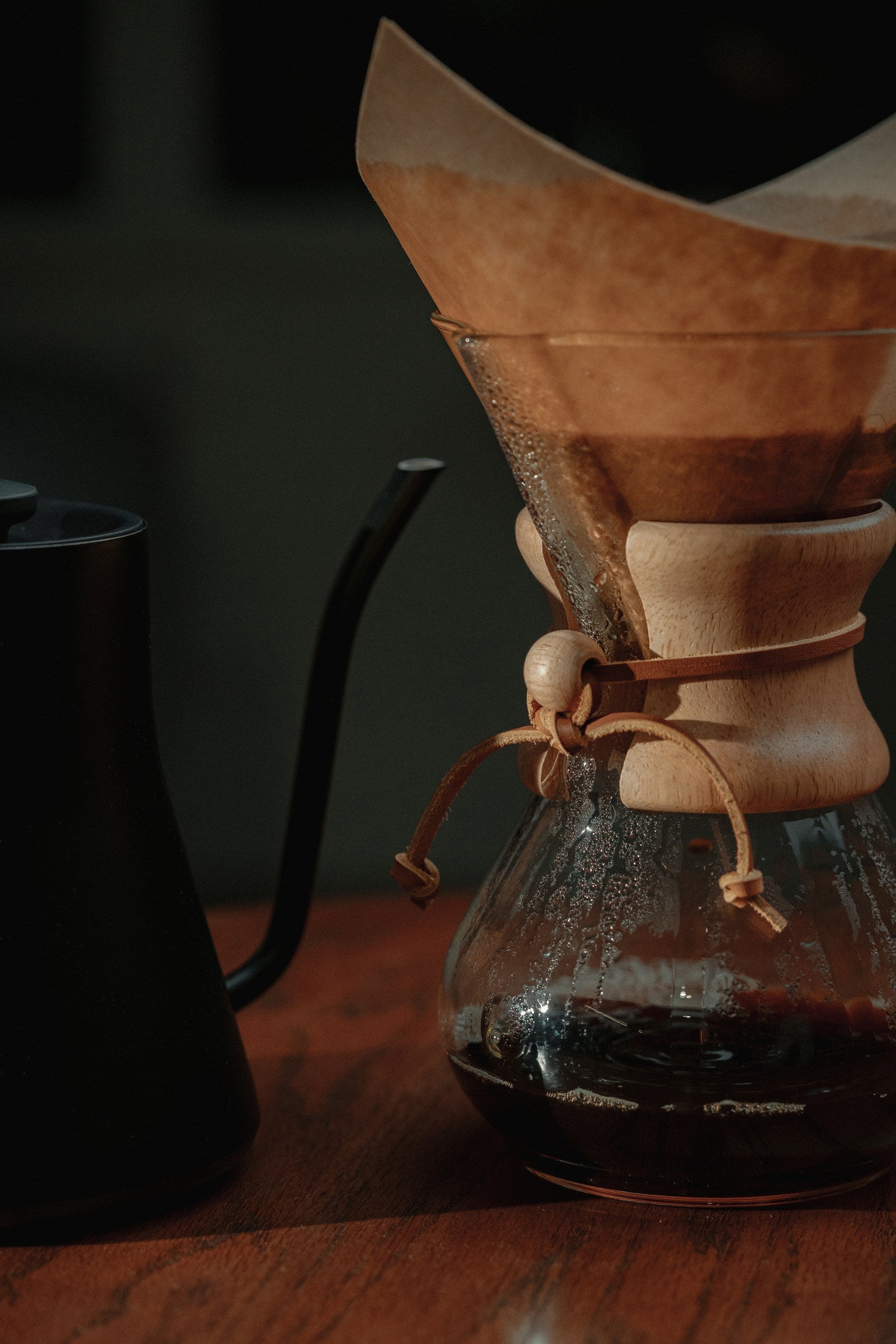
January 26, 2025
The rise of capsule coffee machines has significantly impacted Bialetti, the iconic Italian manufacturer of stove-top moka pots, leading to mounting debt and the search for a buyer. Now, a deal is reportedly in the works with Nuo Capital, a part Chinese-owned investment firm, according to Italian media reports.
Bialetti has faced financial challenges in recent years, struggling with increased competition from alternative moka pot manufacturers and the lingering effects of pandemic-related store closures. The company’s debt has risen to €90.3 million, up from €78.2 million in 2018, despite generating revenues of €104.7 million last year—a 6% increase that has not been enough to stabilize its finances. Since 2023, Bialetti has been seeking new ownership to secure its future.
Nuo Capital, founded by Stephen Cheng, managing director of Hong Kong-based World Wide Investment Company (WWIC), is expected to acquire Bialetti and lead its expansion into international markets, enhance ecommerce capabilities, and increase marketing investments.
In recent years, Chinese investors have actively acquired stakes in several Italian companies, including tire manufacturer Pirelli, energy firms Terna and Snam, and luxury yacht maker Ferretti. Despite political tensions between Italy and China—exacerbated by Italy’s withdrawal from China’s Belt and Road Initiative and disputes over electric vehicles—investors remain interested in Italian assets.
Bialetti has been producing its signature Moka Express model since its invention in 1933 when Alfonso Bialetti, an aluminum metal worker, bought the patent for the moka pot. The company, headquartered in Coccaglio, near Brescia in northern Italy, remains a dominant force in the coffee industry, selling an estimated two million moka pots each year.
Despite its historical success, the company has struggled to maintain sales as more consumers opt for electric coffee pod machines. A study conducted fourteen years ago estimated that 90% of Italian households owned a Bialetti moka pot, but in recent years, sales have declined due to the growing popularity of coffee capsules. Market research firm Competitive Data found that profits in the coffee capsule sector grew by 63% last year alone.
Political analyst Guido Alberto Casanova from the Milan-based think tank ISPI noted that while Italy’s stance on Chinese electric vehicle imports may have created tensions, Nuo Capital’s interest in Bialetti suggests that Chinese investors remain confident in the Italian market.
Nuo Capital, which focuses on investments in medium-sized Italian companies, also holds stakes in luxury chocolate brand Venchi and technology company Bending Spoons. The firm is jointly owned by WWIC and Exor, the Netherlands-based holding company of Italy’s influential Agnelli family.
Following news of the potential investment, Bialetti’s shares rose 3.5% in Milan on Friday. While Nuo Capital has declined to comment on the reports, Bialetti has yet to respond to inquiries from The Times.

January 28, 2025
Dunkin’ is bringing excitement to coffee lovers with the launch of its new cold foam creamers, designed to bring a rich and velvety texture to homemade beverages. Alongside their recent menu innovations, including Lava Cake coffees and raspberry swirls, Dunkin’ is expanding its presence in the retail market with a lineup of cold foam creamers that promise an extra-decadent coffee experience.
One of the standout offerings is Dunkin’s chocolate cold foam, making it the first major brand to introduce a mocha-inspired cold foam to grocery store shelves. Additionally, the company is unveiling a cold foam creamer in its signature Extra Extra flavor, known for its extra creamy and extra sweet profile. Now, fans can recreate their favorite Dunkin’ drinks at home with a touch of indulgent foam.
The launch has already generated excitement among Dunkin’ enthusiasts. “Dunkin’ is crushin’ it in the new items game!” one fan remarked. To celebrate, Dunkin’ is offering a limited-edition Dunkin’ Cold Foam Creamer x Chillhouse FOAM-O Kit, a curated self-care package encouraging fans to "swap FOMO for FOAM-O." Customers can enter for a chance to win the kit at dunkinfoamosweeps.com.
Dunkin’ is also introducing a limited-edition S’mores Creamer, following the success of its s’mores-flavored coffee and donuts last summer. Fans are eager to get their hands on the nostalgic campfire-inspired creamer, with one customer stating, “I’m grabbing that s’mores all day, every day.”
The new cold foam creamers will be available in 14-ounce canisters, while the S’mores Creamer will come in a 32-ounce bottle. Additional creamer flavors, including pistachio and piña colada, are also joining the lineup, offering more variety to at-home coffee drinkers.
The rising popularity of cold foam has made it a staple at coffee shops, adding a frothy and creamy layer to both hot and iced beverages. With Dunkin’ entering the cold foam space in grocery stores, customers can now enjoy the drive-thru experience in the comfort of their own kitchens.
Dunkin’s new cold foam creamers are set
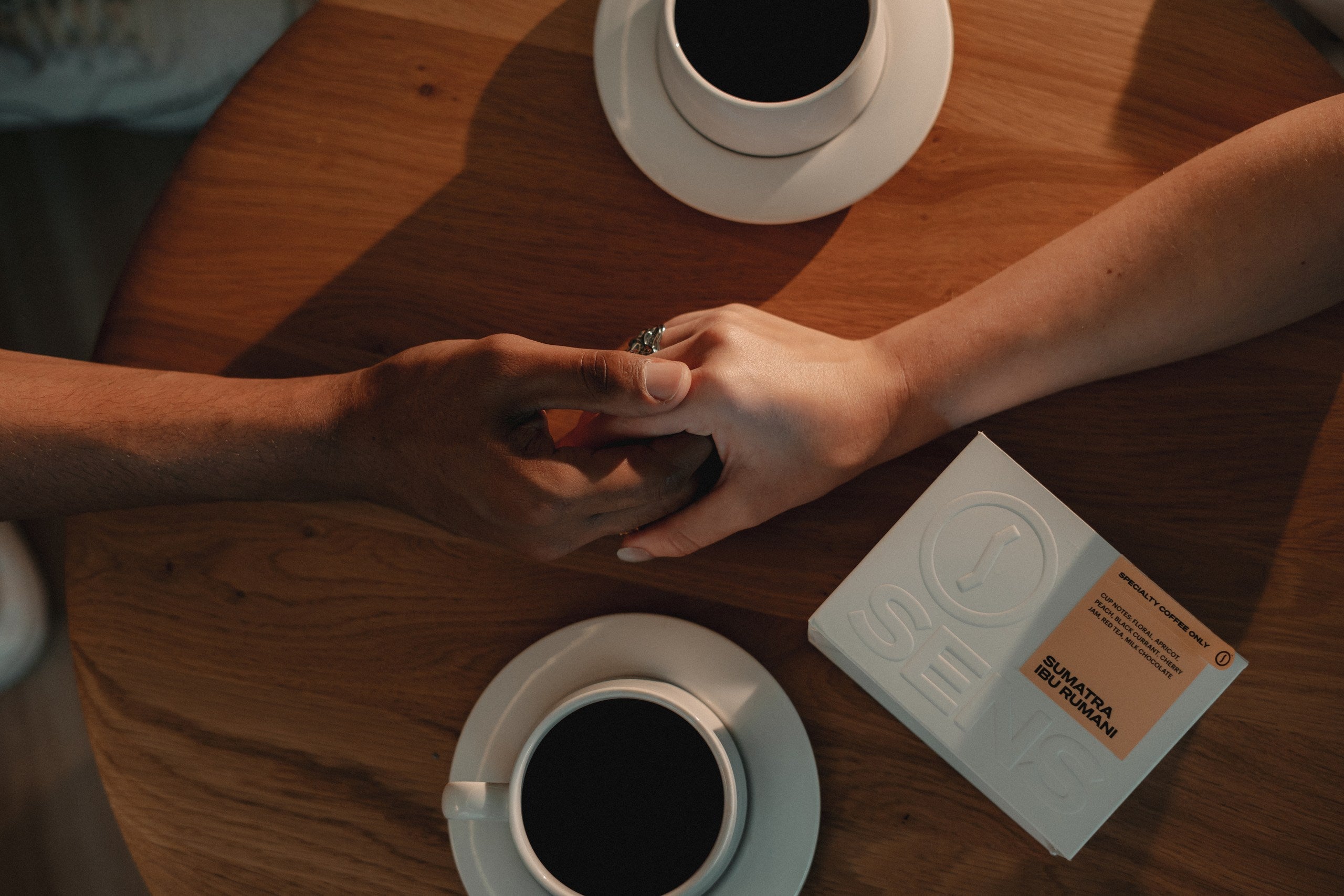
January 29, 2025
India's coffee exports are projected to decline by more than 10% in 2025 due to reduced production and lower carry-forward stocks from the previous season, even as coffee prices reach record highs. Industry officials indicate that this downturn in supply could further strain global coffee availability, already affected by lower output from Brazil.
As the world's seventh-largest coffee producer, India primarily grows robusta beans, used in instant coffee, along with the more expensive arabica variety. The decline in Indian exports may contribute to tightening global supplies, further bolstering benchmark futures, which recently hit a record high.
"Although prices are higher, the smaller crop will result in lower export volumes," said Chengappa Pradhan, a researcher at Volcafe, the coffee trading arm of ED&F Man. He estimates that exports in 2025 could drop by more than 10% from the previous year's record 295,402 metric tons.
Several factors have impacted India's coffee production. Higher summer temperatures and water shortages affected the conversion of coffee flowers into cherries, while subsequent heavy rains caused fruit to drop prematurely. "This year, harvesting was delayed due to rains. Early trends suggest lower yields," said Marvin Rodrigues, a coffee grower.
In the 2023/24 marketing year, which ended in September 2024, India harvested 374,200 tons of coffee, comprising 261,200 tons of robusta and 113,000 tons of arabica, according to estimates from the state-run Coffee Board. However, the final production figures for the current season have yet to be confirmed. "We are receiving reports of lower yields. Our estimate will be finalized after conducting a detailed survey," an official from the Coffee Board stated.
Depleted inventories also contribute to the expected decline in exports. Strong demand in 2024, driven in part by the European Union Deforestation Regulation (EUDR), led to higher Indian coffee exports, reducing stock levels to a negligible amount. "Lower carry-forward stocks will reduce the available surplus for exports," said Ramesh Rajah, president of the Coffee Exporters' Association of India.
European countries such as Italy, Germany, and Belgium remain key buyers of Indian coffee. The initial deadline for EUDR compliance was December 2024 but has since been extended to December 2025 for large operators and traders. Many European buyers increased their purchases in anticipation of the regulation but are now slowing down acquisitions due to record-high prices.
While demand for Indian arabica has softened, Indian robusta remains in high demand, commanding a premium over London futures. "Farmers have witnessed prices rally month after month, and many are holding back their crops in anticipation of further gains," Pradhan noted. Currently, Indian robusta is being offered at a premium of $250 per ton over London futures, according to dealers.
As global coffee supply concerns persist, India's declining output and export reductions could play a significant role in shaping the market landscape for the remainder of 2025.
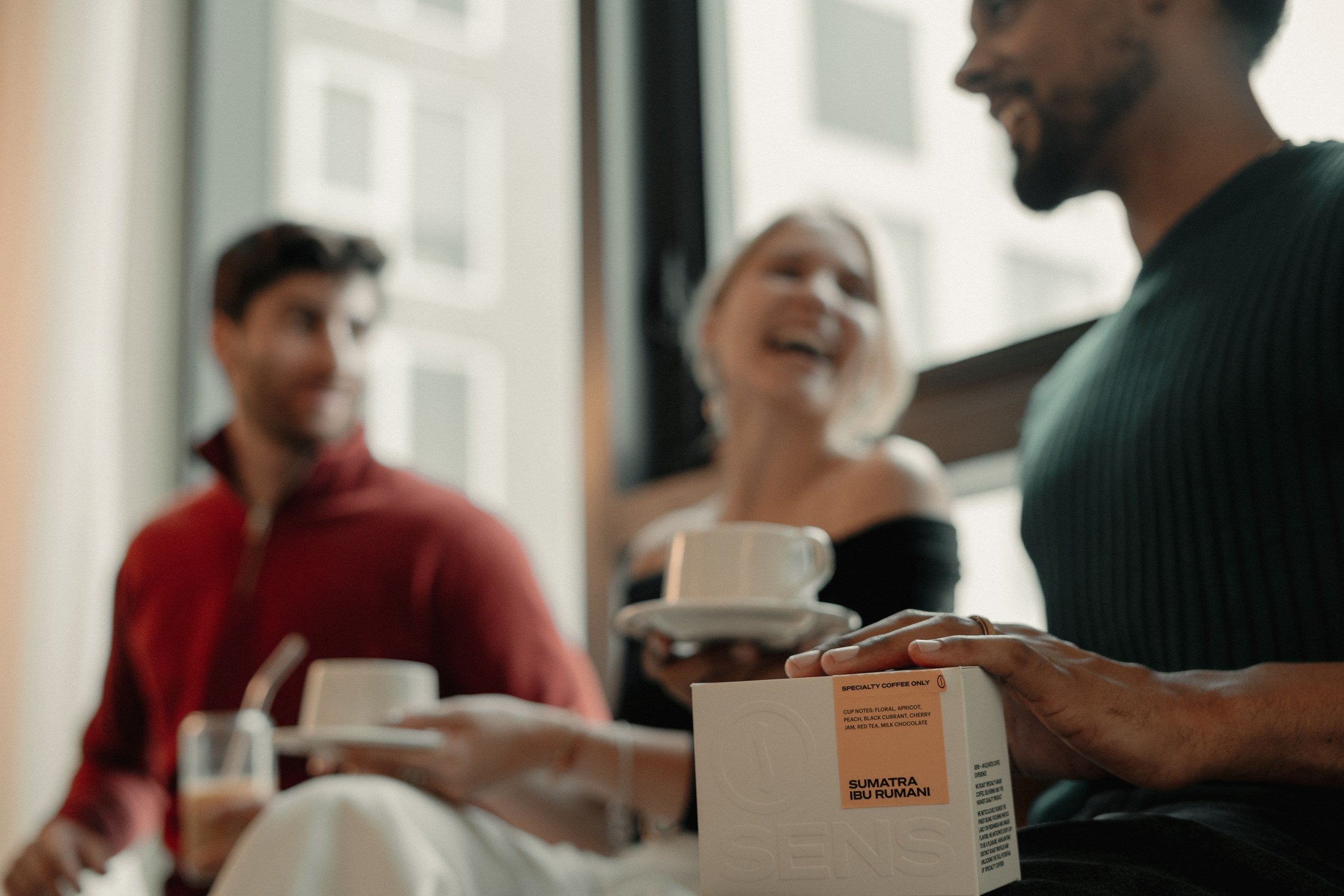
January 29, 2025
Starbucks is set to make major changes to its menu, with plans to remove approximately 30% of food and drink options by the end of 2025. CEO Brian Niccol announced the shift as part of the "Back to Starbucks" initiative, a strategy aimed at simplifying the menu and enhancing efficiency in stores.
Since taking over as CEO last September, Niccol has focused on accelerating growth by reducing what he described as an "overly complex" menu. The goal is to improve service speed and make ordering easier for both customers and baristas.
“In the coming months, you’ll see us begin to optimize our menu offerings, resulting in roughly 30% reduction in both beverages and food SKUs by the end of fiscal year 2025,” Niccol stated during Starbucks’ latest quarterly earnings call. Some changes are already in place, such as the removal of the short-lived olive oil-infused drinks, which were discontinued on November 7 after just a year on the menu.
Alongside menu changes, Starbucks has implemented several customer-focused adjustments to enhance the in-store experience. One notable update is the return of the free-refill policy, though with some conditions. Customers ordering in-store will be asked if they prefer their drink “for here” or “to go.” Those choosing “for here” will receive their beverages in reusable ceramic mugs, glasses, or personal cups and will qualify for free refills on brewed coffee or tea during their visit.
Additionally, Starbucks is reintroducing self-serve stations stocked with milk, sugar, sweeteners, spices, and stirrers. Baristas will once again handwrite customer names on drinks using Sharpies, adding a personal touch to orders. Some locations will also see the return of plush seating, creating a more inviting atmosphere reminiscent of the brand’s earlier years, encouraging customers to linger, work, or relax in comfort.
Another significant policy change involves Starbucks’ approach to store access. The company has revised its open-door policy, which previously allowed non-paying visitors to use cafes and restrooms. The new Coffeehouse Code of Conduct prioritizes customer access to seating, patios, and restrooms, aligning Starbucks with common retail practices.
As Starbucks moves forward with these adjustments, the company aims to balance efficiency with a welcoming customer experience, ensuring that its stores remain a preferred destination for coffee lovers worldwide.
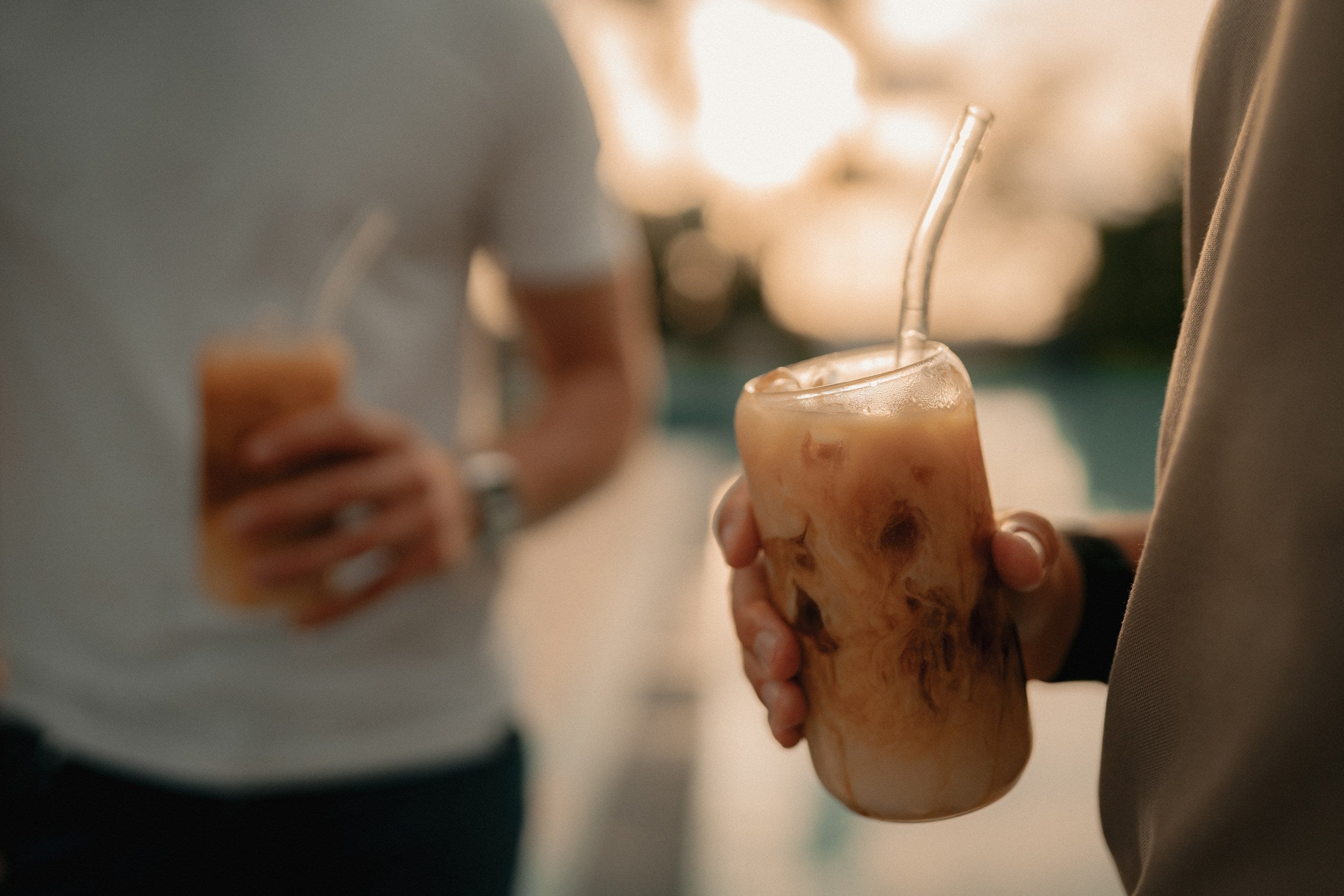
January 29, 2025
Global arabica coffee prices have surged to record levels, surpassing $3.60 per pound as Brazil, the world's largest producer, faces limited supplies and concerns about its upcoming harvest.
Industry experts report that between 70% and 80% of Brazil's current arabica harvest has already been sold, leading to slower new trades. Brazil accounts for nearly half of the world's arabica coffee, a premium variety commonly used in roasted blends. Although weather conditions have improved following last year’s severe drought, Brazil’s upcoming crop is projected to be 4.4% smaller than the previous season, according to the Brazilian food supply agency Conab.
The global coffee supply remains tight. Vietnam, a major robusta producer, has been slow to release its crop to the market. Meanwhile, arabica beans harvested in Central America and Colombia are taking longer than usual to reach buyers. Brazilian farmers are also showing little urgency to sell additional stock, according to broker HedgePoint Global Markets.
On Wednesday, arabica coffee futures on the ICE exchange, a key global benchmark for coffee pricing, reached a record high of $3.6945 per pound, marking a nearly 15% increase for the year. The contract later settled up 2.5% at $3.6655 per pound. Robusta coffee, which is generally lower in cost and used primarily for instant coffee, increased 0.9% to $5,609 per metric ton.
India, the world's fifth-largest robusta producer, is expected to see a more than 10% decline in coffee exports in 2025 due to lower production and reduced carry-forward stocks. Dealers note that farmers in both India and Vietnam are withholding sales in anticipation of further price increases. In Brazil, 80% to 90% of the current harvest has already been sold.
A report from broker Sucden indicates that Brazilian farmers are prioritizing local sales over dollar-priced exports despite the latter fetching higher prices. Over the past two years, the financial position of these farmers has improved significantly, allowing them to sell selectively. The report also states that Brazil’s coffee buffer stocks have dwindled to approximately 500,000 bags, a sharp decline from the usual eight million. This reduced reserve means that any additional weather challenges could further disrupt global coffee prices.
Sucden also predicts that the global coffee market will experience its fourth consecutive supply deficit this season.
Other soft commodities saw fluctuations as well. Raw sugar rose 1.1% to 19.45 cents per pound, rebounding from last week's five-month low, while white sugar increased 2.2% to $522.90 per ton. New York cocoa futures climbed 3.3% to $11,745 per ton, with London cocoa rising 1.6% to 9,138 pounds per ton.
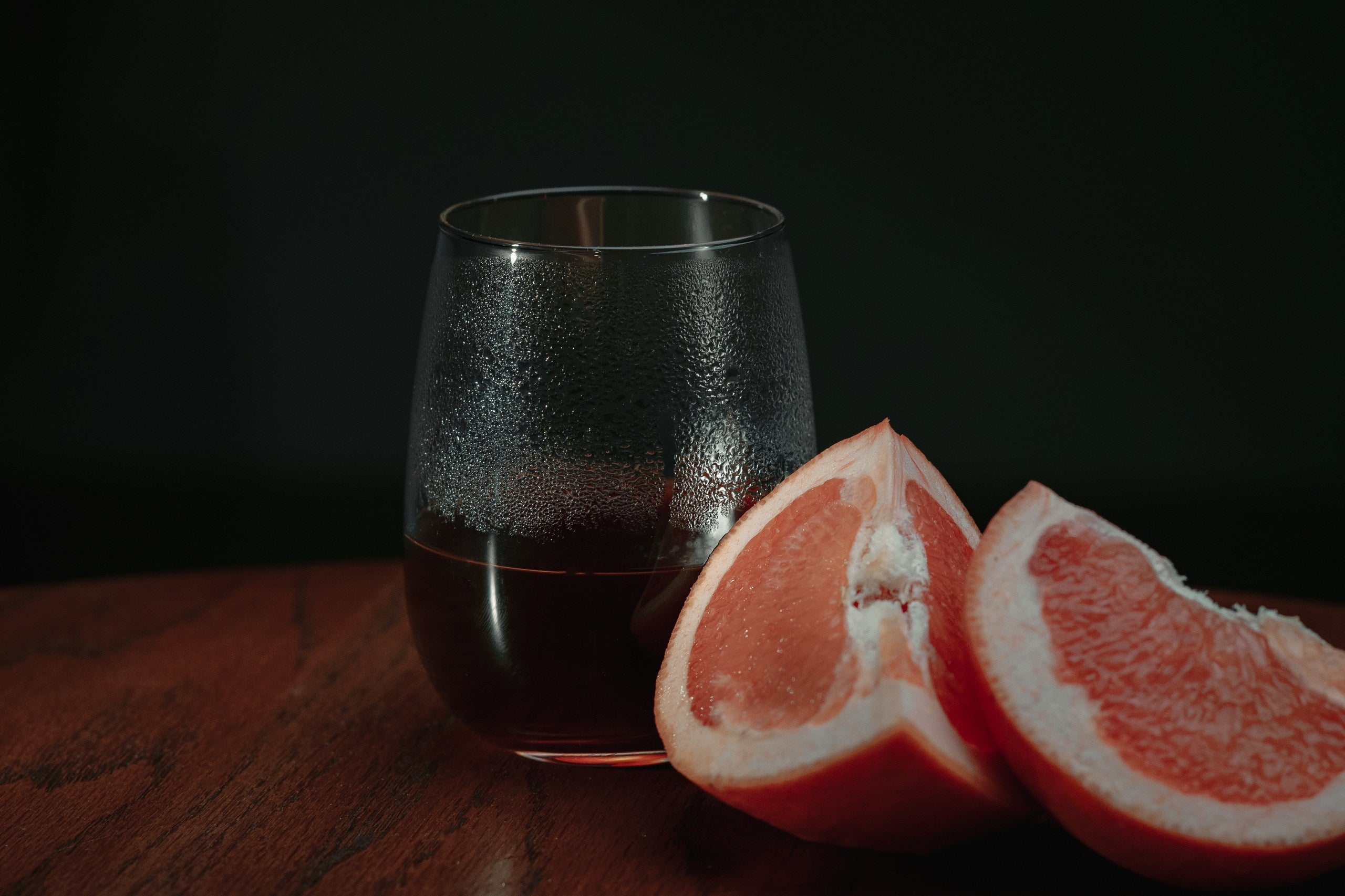
January 9, 2025
The tide is turning in the coffee industry. More than half of the leading U.S. coffee shops have officially dropped their surcharge on non-dairy milk, signaling a significant shift in the way cafés approach plant-based alternatives. This is the key takeaway from our latest State of the Surcharge report, released in December 2024.
For years, customers choosing oat, almond, soy, or other plant-based milks have had to pay extra, even though these options are often more sustainable and widely embraced by consumers. However, our latest analysis shows that many top coffee chains are now leading the way in eliminating these additional charges, aligning themselves with consumer demand and ethical responsibility.
The State of the Surcharge report highlights which coffee brands are making progress and which are still lagging behind. As the movement gains momentum, we urge those that still impose a non-dairy surcharge to take a stand and remove these unnecessary fees. It’s time for all coffee chains to recognize that non-dairy milk should be a standard, cost-neutral option—not a luxury upcharge.
Consumers are increasingly advocating for change, and businesses that continue to penalize non-dairy choices risk falling behind in customer loyalty and sustainability efforts. With plant-based diets on the rise and more people making conscious purchasing decisions, it’s crucial for the entire industry to adapt.
Our mission is clear: we call on all remaining coffee chains to drop the non-dairy tax and join the movement towards a more inclusive and forward-thinking coffee culture.
Read the full State of the Surcharge report and see how your favorite coffee shop stacks up at [NoMilkTax.com](https://www.nomilktax.com/state-of-the-surcharge).
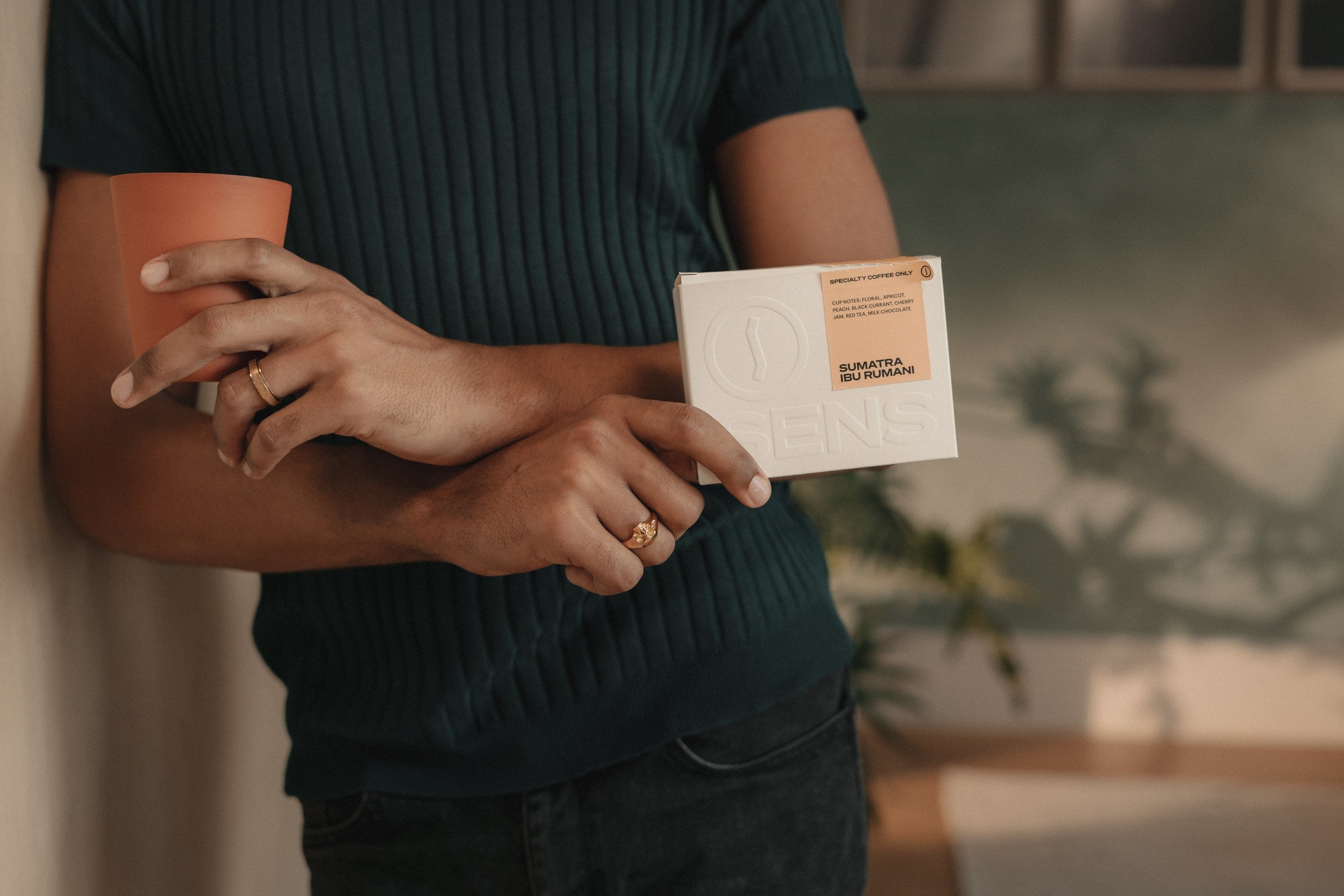
January 29, 2025
Avercasso, a leader in innovative coffee processing solutions, has introduced its latest advancement in roasting technology: a lightweight AI-driven sorter tailored specifically for nano roasters. This cutting-edge device is set to revolutionize small-scale coffee roasting by offering precision sorting at an unprecedented scale, making high-quality coffee more accessible to small and independent roasters worldwide.
Designed with efficiency and accuracy in mind, the new Avercasso sorter leverages artificial intelligence to analyze and sort coffee beans with remarkable speed and precision. Unlike traditional sorting methods that rely heavily on manual labor or large-scale industrial machinery, this AI-powered sorter is compact, user-friendly, and optimized for small-batch operations. The integration of machine learning algorithms allows it to detect defects, inconsistencies, and unwanted particles, ensuring only the finest beans make it through to roasting.
Nano roasters—small-batch coffee producers who focus on artisan-level quality—stand to benefit immensely from this innovation. The Avercasso sorter reduces the time and effort required for quality control, streamlining production while maintaining the integrity of each roast. By implementing this AI-driven solution, nano roasters can achieve a more consistent product, elevate their brand reputation, and ultimately deliver a superior cup of coffee to consumers.
In addition to its precision sorting capabilities, the Avercasso sorter is designed to be lightweight and compact, making it an ideal choice for roasters with limited space. Its portability ensures that small coffee businesses and specialty cafés can integrate it into their workflow without the need for extensive modifications or infrastructure investment. Furthermore, the sorter’s energy-efficient design aligns with sustainable practices, reducing waste and minimizing the environmental footprint of coffee roasting.
Avercasso’s launch of this AI-powered sorter marks a significant milestone in coffee technology. By democratizing access to high-tech sorting solutions, the company is empowering small-scale roasters to compete with larger operations while maintaining their focus on craftsmanship and quality.
As the specialty coffee industry continues to evolve, advancements like this will play a crucial role in shaping its future. With the introduction of its AI-driven sorter, Avercasso reaffirms its commitment to innovation and sustainability, paving the way for a new era of precision and efficiency in small-scale coffee roasting.

